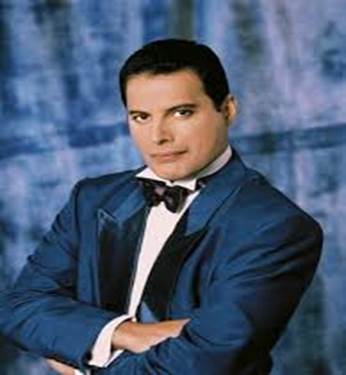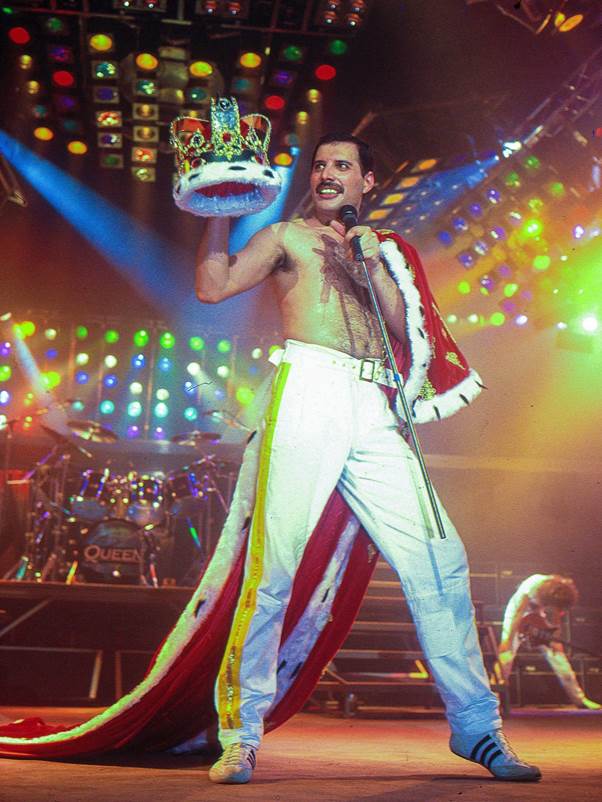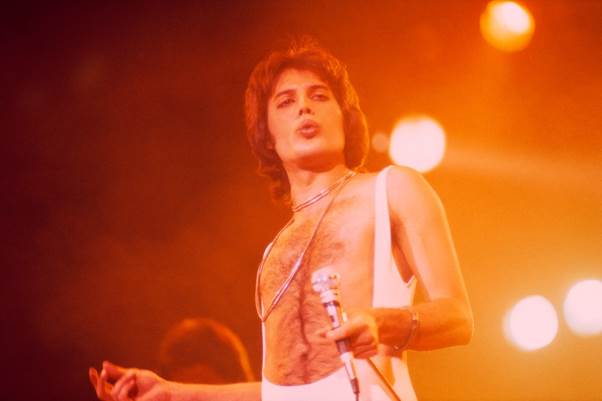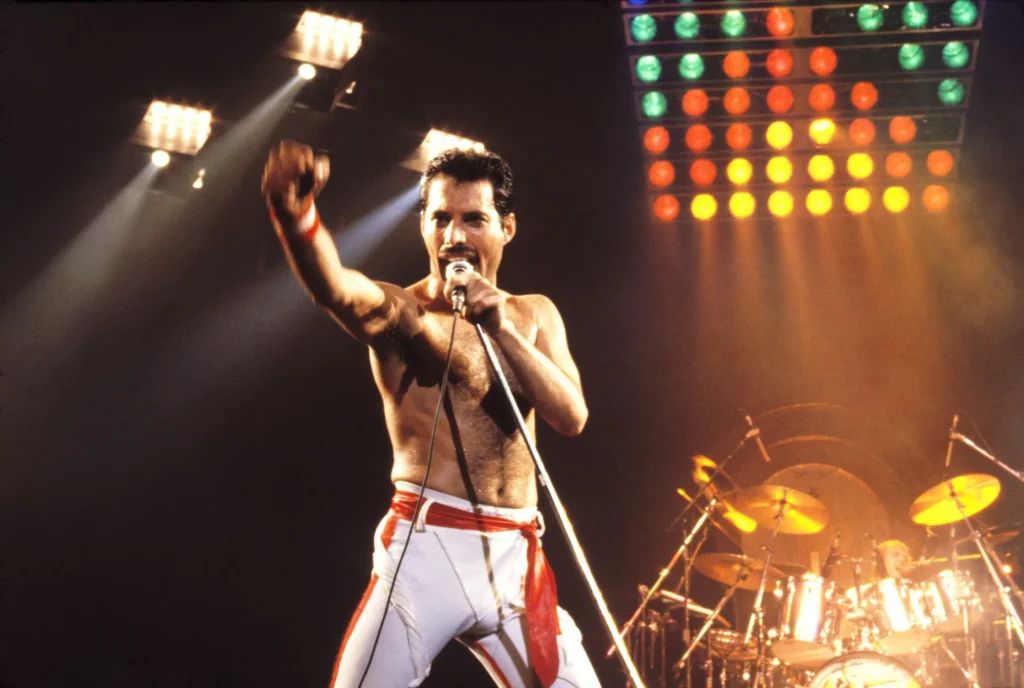Freddie Mercury was more than a rock star; he was a force of nature. As the frontman of the legendary band Queen, he was an explosive combination of vocal virtuosity, songwriting genius, and unparalleled showmanship. He was a rock god who commanded stadiums of 100,000 people with the flick of a microphone stand, and his influence on music and culture remains as potent today as it was at the height of his fame.
When discussing his wealth, a figure often cited is a net worth of $50 Million. However, that number requires crucial context. At the time of his tragic passing in 1991, his net worth was estimated to be between $20-$30 million. The $50 million figure reflects the estimated current value of his estate and his share of the ongoing Queen enterprise—a fortune that has not only been preserved but has grown spectacularly in the decades since his death.
His financial legacy is not a static snapshot from 1991; it is a living, breathing entity that continues to generate millions of dollars each year. This enduring wealth was built on three foundational pillars: monumental record sales, legendary live performances that set the standard for stadium rock, and—most importantly—his extraordinary genius as a songwriter. The timeless anthems he penned are perpetual money-making machines, ensuring that for Freddie Mercury, the show, and the income, truly does go on.

The Songwriting Royalties – An Everlasting Fortune
The single most powerful engine of Freddie Mercury’s posthumous fortune is his songwriting catalog. While record sales and tour revenue build wealth during an artist’s lifetime, it is the publishing rights and songwriting credits that create a multi-generational financial legacy. For every song he wrote or co-wrote, his estate earns a royalty every time it is streamed, sold, played on the radio, used in a movie, covered by another artist, or featured in a commercial. Freddie was not just Queen’s singer; he was one of its principal creative architects.
The list of iconic, world-altering hits he wrote is staggering, and each one is a significant financial asset:
- “Bohemian Rhapsody”: A six-minute, genre-defying masterpiece, this is arguably the crown jewel of his catalog. It has been a chart-topper in four different decades and experienced a massive global resurgence after the 2018 biopic. Its complexity and iconic status make it a perennial favorite for film, television, and advertising, generating a constant stream of licensing fees.
- “We Are the Champions”: Penned by Mercury, this song has become the definitive global anthem for victory. It is played at virtually every major sporting event finale, from the Super Bowl to the World Cup. Every public performance, whether in a stadium or on television, generates a performance royalty for his estate.
- “Somebody to Love”: A complex, gospel-infused ballad showcasing his incredible vocal range and compositional skills, this song is a timeless classic that remains a radio staple.
- “Don’t Stop Me Now”: An explosion of pure joy, this track has become a cultural phenomenon, celebrated for its infectious energy. Its use in countless films (like Shaun of the Dead), television shows, and commercials has made it one of the most profitable songs in the Queen catalog.
- “Crazy Little Thing Called Love”: A rockabilly-style hit that Mercury famously wrote in the bathtub, this song was a #1 hit in the United States and demonstrated his incredible versatility as a writer.
These songs are more than just music; they are cultural touchstones. They are financial assets that appreciate in value over time, providing a reliable and substantial annual income for the beneficiaries of his estate. This is the core of his financial immortality.
The Foundation – A Dynasty of Record Sales
During his lifetime, Freddie Mercury and Queen achieved a level of commercial success that few bands in history can match. They were a global hit-making machine, producing a string of multi-platinum albums that dominated the charts for nearly two decades. Estimates of their total worldwide record sales range from 170 million to 300 million, placing them in the highest echelon of best-selling music artists of all time.
Their success was remarkably consistent, with blockbuster albums like A Night at the Opera, News of the World, The Game, and A Kind of Magic all becoming massive international hits. However, the true testament to their enduring commercial power is their compilation album, “Greatest Hits.” Released in 1981, it is the best-selling album of all time in the United Kingdom, having sold over seven million copies. It has spent over 1,000 weeks on the UK Albums Chart, a staggering achievement that demonstrates a continuous demand for their music.
The income from these album sales, both during his life and after, formed the foundational wealth of his estate. Every album sold, whether as a physical CD, a vinyl record, or a digital download, contributed to the fortune that he would eventually leave behind.
The Kings of the Stage – The Touring Empire
Queen’s reputation was forged in the fire of live performance. They were, by all accounts, one of the greatest live acts in the history of rock and roll, and Freddie Mercury was their undisputed king. Their groundbreaking stadium tours of the 1970s and 1980s were not just cultural events; they were immensely profitable business operations.
In an era before streaming, touring was a primary source of income for major bands. Queen sold out stadiums across the globe, from Wembley in London to Rock in Rio in Brazil, where they played to over 300,000 people in a single night. These tours generated millions in revenue from ticket sales and merchandise, contributing significantly to Mercury’s personal wealth.
No discussion of Queen’s live legacy is complete without mentioning their iconic performance at Live Aid in 1985. In a 22-minute set, they delivered what is widely regarded as the greatest live performance in rock history. While the concert itself was a charity event and the band was not paid, the long-term financial impact was colossal. The performance was broadcast to a global audience of nearly 2 billion people, reigniting their popularity and causing their album sales to skyrocket worldwide. It cemented their status as legends, a brand enhancement whose financial value is immeasurable.

The Legacy – His Will and the Enduring Estate
Freddie Mercury’s final years were spent preparing for the future of his legacy and ensuring that those closest to him would be cared for. His will was a reflection of the deep personal relationships he valued most.
The primary beneficiary of his estate was his lifelong friend and former fiancée, Mary Austin. Mercury often referred to Austin as his “common-law wife” and the love of his life. He left her his magnificent 28-room mansion in Kensington, Garden Lodge, which is now worth tens of millions of dollars. More significantly, he bequeathed to her his most valuable asset: his future share of the songwriting and recording royalties from Queen. This act of profound friendship and trust effectively made Mary Austin the custodian of his creative and financial legacy.
He also left generous bequests to his partner at the time of his death, Jim Hutton, his personal assistant Peter Freestone, and his family. The business of Queen continues to this day, with surviving members Brian May and Roger Taylor still actively managing the brand. Freddie Mercury’s estate maintains its one-quarter share in this ongoing enterprise, receiving an equal portion of all profits generated by the band.
The Bohemian Rhapsody Renaissance
Decades after his death, Freddie Mercury’s star power reached a new zenith. The release of the 2018 biopic, “Bohemian Rhapsody,” was a global cultural event. The film was a colossal success, grossing over $900 million at the box office and winning four Academy Awards, including a Best Actor Oscar for Rami Malek’s portrayal of Mercury.
The “Bohemian Rhapsody” effect on Queen’s music—and consequently, on the value of Mercury’s estate—was seismic. The film introduced his story and his music to a new generation of fans. In the year following the film’s release:
- Queen’s music was streamed billions of times, making them one of the most-streamed artists in the world.
- Album and single sales surged, with their Greatest Hits compilation re-entering the top 10 of the Billboard charts.
- “Bohemian Rhapsody” itself became the most-streamed song of the 20th century.
This renaissance dramatically increased the annual income flowing into Mercury’s estate. It re-contextualized their catalog not as classic rock, but as timeless, contemporary art, ensuring its financial viability for decades to come.
A Fortune as Timeless as His Music
Freddie Mercury’s financial legacy is as spectacular and enduring as his musical one. The $50 million valuation is not a static number from the past, but a dynamic representation of the incredible, ongoing profitability of his life’s work. Through his genius as a songwriter, he created a portfolio of cultural assets that continue to appreciate in value, generating wealth that transcends his own lifetime.
He was a man who famously declared, “I’m not going to be a rock star. I’m going to be a legend.” He succeeded on both counts. And in doing so, he achieved a form of financial immortality, ensuring that the show, and the royalties, will go on for generations.


